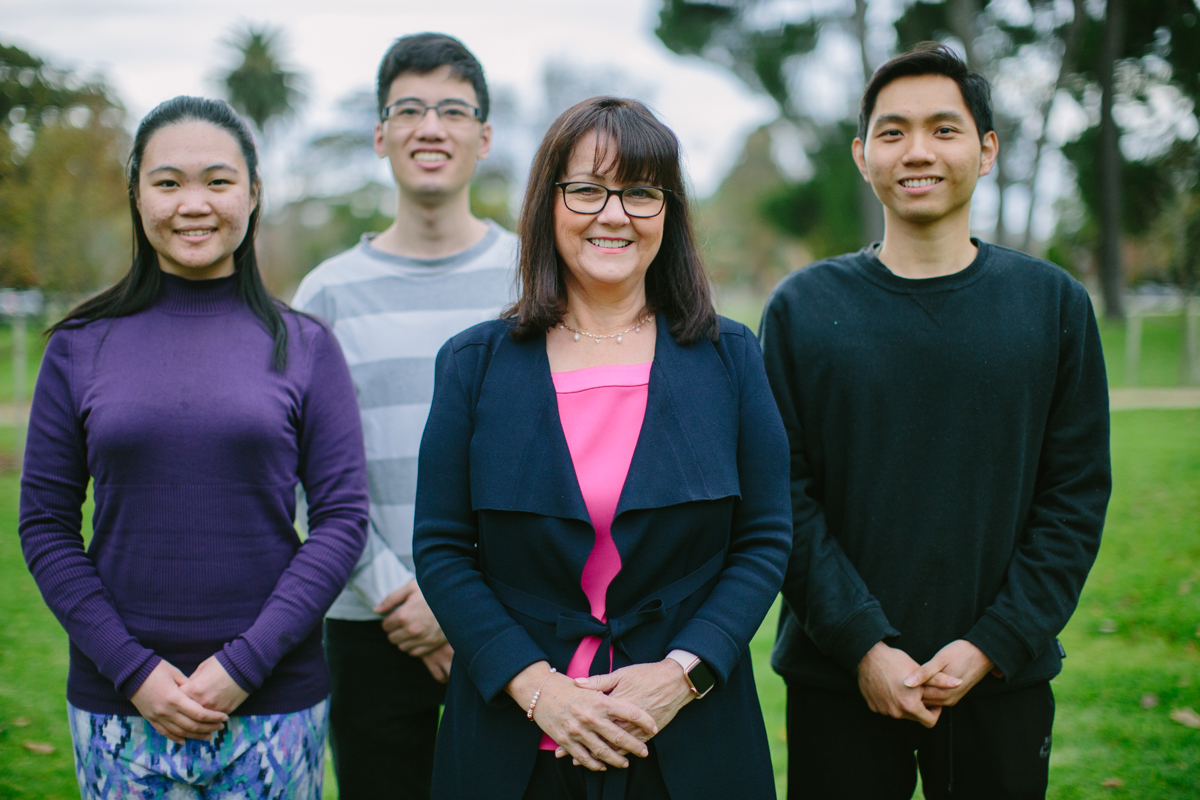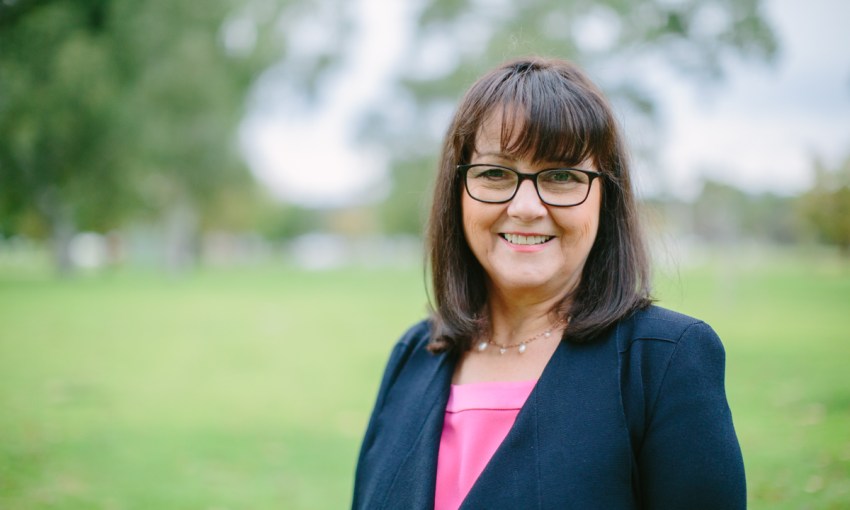Professor Helen Marshall from the University of Adelaide’s Robinson Research Institute is one of Australia’s most celebrated and recognisable vaccination researchers, and for good reason. Helen’s specialty is Vaccinology, Immunology and Infectious Diseases, a field of research that the world has become significantly more appreciative of throughout the pandemic. Here, Helen talks about her extensive career and what it’s like to lead game-changing research studies with global impact.
Meet the SA professor influencing global vaccination
With her father a GP whom she accompanied on house calls and her mother a nurse, Helen Marshall was interested in public health from an early age.
“My experience as a medical student on my medical elective in Western Samoa dramatically highlighted the power of immunisation in saving children’s lives around the world, whether it be in a low or high resource setting, and this impact stayed with me as I started my career as a doctor,” Helen explains.
“My initial direction was paediatric medicine, and what I learnt there has lent itself very well to vaccinology over the years, as the two are fundamentally linked.
“While completing my postgraduate degrees in public health, I had one of those light bulb moments, I could have far more impact on health by providing strong research evidence to guide good immunisation policy that would improve the health of the whole population.”
You may recognise Helen as the lead investigator on the prominent “B Part of It” study, conducted in South Australia by the University of Adelaide and the largest study of its kind globally. The study was a landmark piece of research in understanding how to best protect against meningococcal B disease within the community.
“South Australians who were involved in the “B Part of It” study, which we estimate to be over 42,000 people, should feel incredibly proud of the impact they have had on this research,” says Professor Marshall.
“Together, we protected tens of thousands of people in a high-risk age group from a fatal disease. The community collaboration was paramount and unprecedented in a study of this size.”
The “B Part of It” study stretched across South Australia and involved collaboration across health, education, government, industry and academia in both rural and metropolitan organisations. Immunisation nurses visited students from 237 SA schools over a two-year period, administering the Bexsero® vaccine and taking throat swabs. The positive uptake of the study ensured vaccinations were available to school children in South Australia to protect against meningococcal B disease.
“Almost 35,000 young people were vaccinated for free during the study, and an estimated 15 cases of meningococcal disease in young people have been prevented as a result,” Professor Marshall continues.
“The study actually found that we cannot rely on herd immunity to protect against this disease. Each individual in high-risk age groups must be vaccinated to protect against this deadly disease. These findings will inform the way that other countries vaccinate against this disease in the future, potentially saving more lives.
“It’s a hugely important result and we couldn’t have done it without the tremendous community support we received, right across the state.”

Helen’s career has been focused on protection against infectious diseases.
She has published more than 210 peer-reviewed papers in high-quality journals and spoken internationally many times about her research. Her research program addresses urgent priorities in infectious disease prevention and includes clinical trials in investigational vaccines, infectious and social epidemiology and public health.
Her current roles include: Senior Medical Practitioner and Director, Vaccinology and Immunology Research Trials Unit, Women’s and Children’s Hospital; NHMRC Practitioner Fellow and Professor in Vaccinology and Infectious Diseases, Adelaide Medical School; Deputy Director and Research Leader, Robinson Research Institute, The University of Adelaide.
She has completed a Bachelor of Medicine and Surgery, a Doctorate of Medicine in Public Health, a Masters in Public Health, a Diploma in Child Health and the international Advanced Vaccinology Course at the Pasteur Merieux Institute, France. She has won multiple fellowships and awards, including the South Australia Science Award for Excellence in Research for the Public Good in 2010 and the South Australia Science Award for Excellence in Research Collaboration in 2018 and the recipient of the Australia Day Council, Inspiring South Australian Women award in 2020. She was a previous member of and provides vaccine evaluations for ATAGI, and is an advisor to the WHO and SA Health’s COVID-19 vaccine strategy committee.
To say that South Australia is lucky to have Helen Marshall as one of our leading researchers is an understatement. And, even with all of those commitments, she still finds time to supervise undergraduate Masters and PhD students.
“My current students are wonderful, they are so enthusiastic and keen to make a difference. Interestingly, they were all participants in the “B Part of It” study when they were in high school, but perhaps that’s not so surprising when 62 per cent of all students in Years 10 and 11 across the state participated in the study.
“We have a fundamental responsibility as researchers to train the next generation of scientists, particularly supporting clinician-scientists who often know the most important questions that need to be answered.”
Helen is currently pursuing further research into the protection of infectious diseases, including leading a Northern Territory study on whether the meningococcal B vaccine can also provide protection against gonorrhoea.
This research involves offering free meningococcal B vaccine (which usually costs NT residents $300 for two doses) to young people aged 14 to 19 in the Northern Territory. Schools and remote and very remote communities across the NT are playing a part in this study.
Educating young people about the importance of vaccination and the opportunity to protect against two diseases with one vaccine is being explained through advertisements, radio announcements and animations.
Study information is being presented in the 10 most common languages used in the NT to ensure parents, elders, carers, families, teachers and youth workers all understand the benefits of being involved. This study would not be possible without the strong partnerships including the Commonwealth Government, NT Health, SA Health, AMSANT, and NT Pathology and funding being provided by the NHMRC.
To learn more about Helen’s work, visit B Part of It or B Part of It NT.



